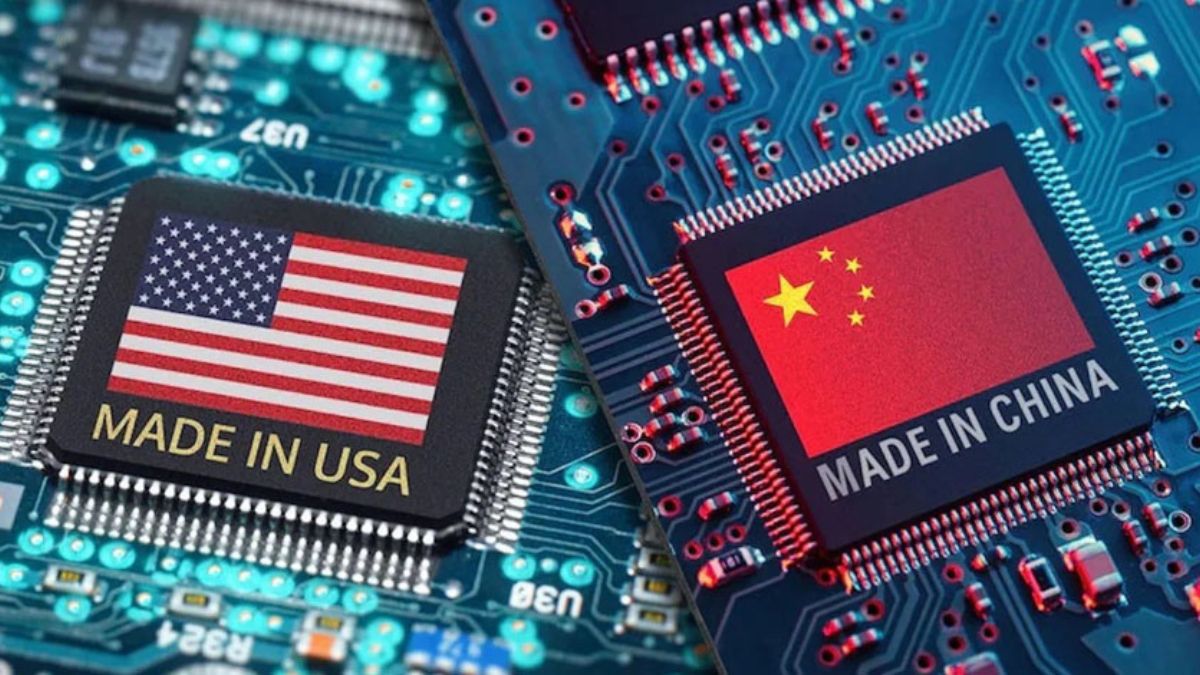Chip stocks in Asia experienced a significant downturn on Thursday following a tech selloff on Wall Street, triggered by reports that the U.S. may impose tighter export restrictions. This move came after Bloomberg reported on Wednesday that the Biden administration is considering measures to restrict firms from exporting critical chipmaking equipment to China, further intensifying tensions between the two superpowers.
Impact on Key Players:
- Taiwan Semiconductor Manufacturing Company (TSMC): Shares fell as much as 4.3% in Asia trade before recovering some losses. TSMC, the world’s largest chip supplier, reported better-than-expected revenue and profit for the second quarter.
- TSMC’s Suppliers: Japanese machinery companies Tokyo Electron and Screen Holdings saw their shares slump nearly 9% and more than 8%, respectively.
- Other Chip-Related Stocks: Lithography materials provider Tokyo Ohka Kogyo dropped 4.53%, and industrial water company Organo fell 3.13%.
U.S. Trade Curbs: A Bloomberg report highlighted that the Biden administration might clamp down on firms exporting critical chipmaking equipment to China, exacerbating existing geopolitical tensions. The foreign direct product rule (FDPR) allows the U.S. to control foreign-made products that use minimal American technology, impacting non-U.S. companies.
Market Reaction:
- South Korean Chip Stocks: Samsung Electronics slid nearly 2%, SK Hynix tumbled almost 5%, and SK Square plunged nearly 10%.
- Wall Street Spillover: Significant declines were seen in U.S. tech stocks, with ASML and Nvidia dropping 12% and 7%, respectively. ASML Holdings, which produces machines for the world’s most advanced chips, closed more than 12% lower despite reporting strong second-quarter earnings.
- Other Affected Stocks: Arm, AMD, Marvell, Qualcomm, and Broadcom all ended the trading day over 7% down.
Expert Insight: Ayako Yoshioka, senior portfolio manager at Wealth Enhancement Group, noted that chip companies have been market favorites due to digitization in various sectors. However, any tariffs and trade curbs could negatively impact these companies globally. She advised long-term investors to focus on the potential of artificial intelligence (AI) despite short-term market volatility driven by sentiment and headlines.
Political Commentary: Separately, U.S. Republican presidential candidate Donald Trump made comments that further impacted market sentiment. In an interview with Bloomberg Businessweek, Trump suggested that Taiwan should pay the U.S. for defense and blamed Taiwan for taking “about 100%” of America’s chip business.
Long-Term Outlook: Yoshioka mentioned that while policy hurdles could create short-term negative market reactions, the long-term promise of AI and its potential benefits for businesses and consumers remains significant. She emphasized the importance of considering long-term growth prospects despite short-term market fluctuations.
Conclusion: The potential U.S. export restrictions and geopolitical tensions have created immediate challenges for Asian chip stocks. However, the underlying demand for advanced chip technology, particularly for AI applications, continues to offer growth opportunities for long-term investors.


